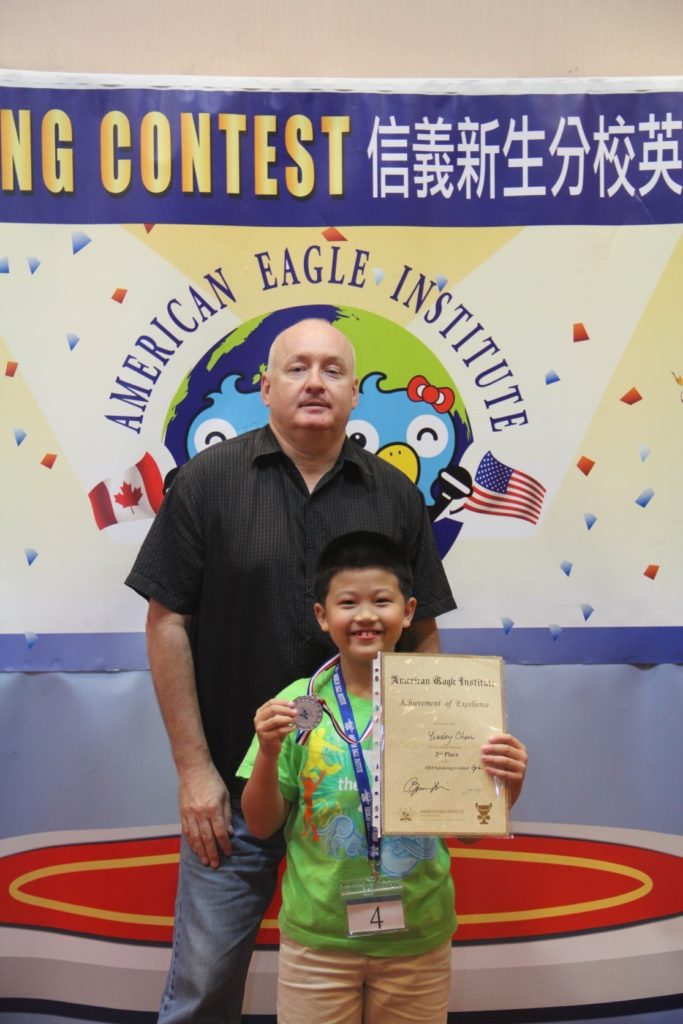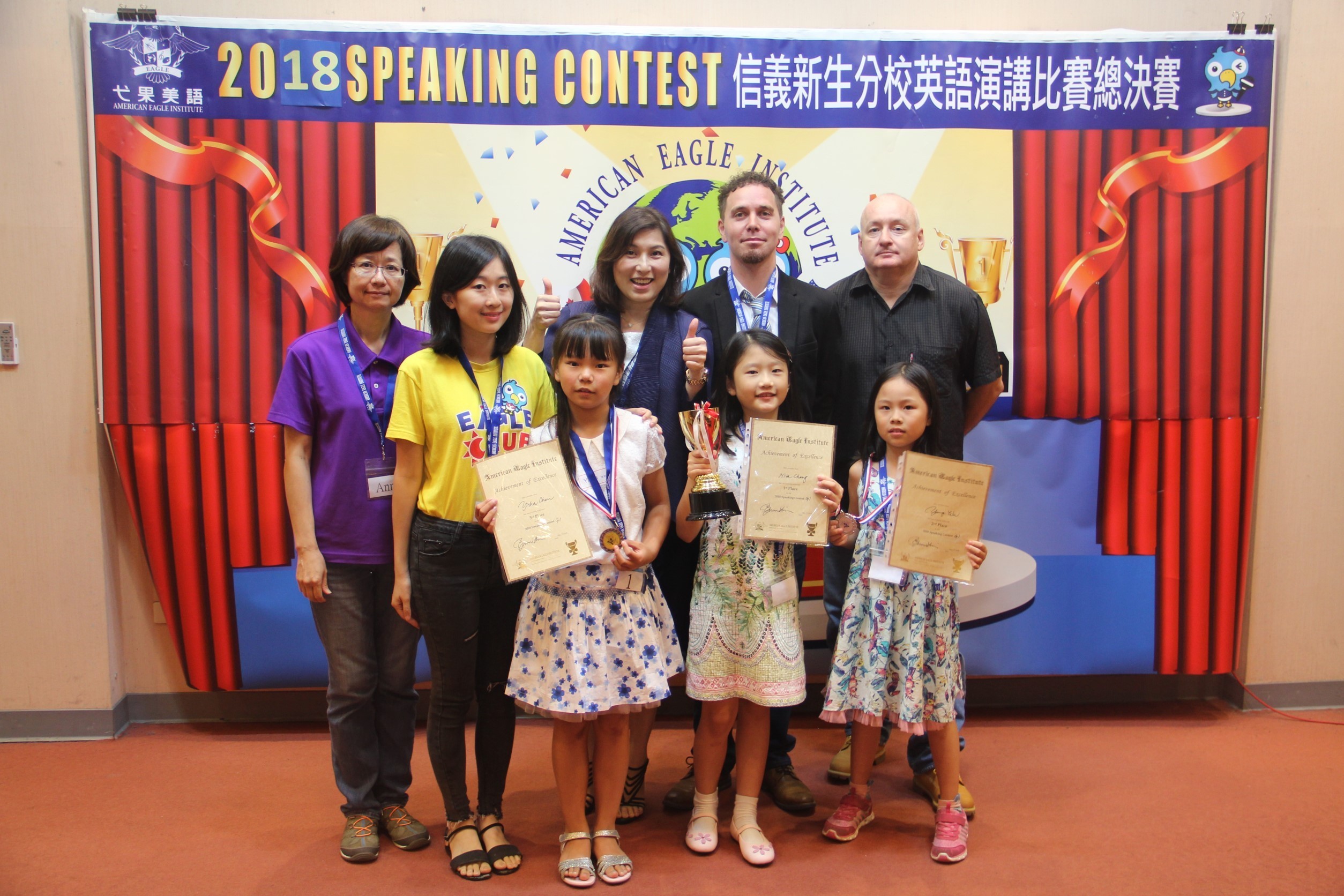Is Taiwan ready for bilingual education? In light of the government’s new policy goal, many foreigners living in Taiwan have expressed concerns regarding the protection of their labour rights.
The government aims to turn Taiwan into a bilingual nation over the next ten years by attracting foreign teachers from across the Asia Pacific region.
Many cram schools, however, use “deceiving contracts” to deny foreigners rights for paid time off on weekends and national holidays. They also deny them any annual leave by forcing to sign for part-time jobs. This is the fallacy of Taiwan’s much-touted bilingual education and the “international perspective” local educators work so hard to foster.Dave Patrick, a Canadian English teacher based in Taipei, told The China Post how he is taking his former employer to court for allegedly denying any paid time off for the past eight years.
The teacher claims that Eagle American Institute used “deceiving contracts” to deny his rights for paid time off on a national holiday and annual leave, according to legal documents provided to The China Post.
The contracts would mislead many foreigners to the responsibilities of a “full-time” contract in which the school’s duties would be limited to those of a “part-time” agreement, Patrick said.

According to the Ministry of Labor, Taiwan workers are entitled to seven days of annual leave after one year of work and 10 days after three years of employment.
Patrick reportedly asked the school for the overdue payments of the national holidays and annual leaves, but his actions were met with failure, frustration and “negative remarks,” bringing the purportedly friendly working environment of Taiwan into question .
After consulting Taiwan Legal Aid Foundation and the Department of Labor at Taipei City Hall, Patrick accused the school of hiring “part-time” teachers to do “full-time jobs” with the aim of “denying their rights for fair paid time off.”
Like most foreign nationals confronted with legal woes, however, Patrick said he found himself struggling in the process for too long while the school not only hurled abuse at the “non-salaried employee” but also denied his payments.
According to Patrick, his employer has repeatedly failed to “notify part-time workers of their rights” and even “turned a blind eye even after the Department of Labor issued administrative fines to the school.” Such reckless actions are behind his decision to take his former employer to court, he said.

Patrick added that foreign teachers should be better aware of their labor rights. “Many fellow coworkers are in the same situation,” he said, adding that this could be a widespread issue in Taiwan.
This recent case is indeed far from an isolated one; it casts a spotlight on the inconsistencies between government policies, foreign culture, and public expectations.
According to various reports, Taiwan is at a critical time to shape the future of its human capital through education.
Many believe, however, that fostering bilingual education requires more than a top-down approach.
Authorities should put more emphasis on changing attitudes towards English learning in order to build a friendly working environment for foreign teachers.
This story by Jay Cho and Dimitri Bruyas was originally published on The China Post on April 13, 2019.
Written in both English and Chinese, journalists Jay Cho and Dimitri Bruyas teamed up to inform Taiwan and its foreign residents about the alleged labour and tax abuses in English schools. The teacher, Dave Patrick, contacted Dimitri directly on Facebook through a special section in The China Post related to the foreign community in Taiwan. Since the publication of this story, Dave has won his case against the school, which paid him an undisclosed amount to quickly settle the issue. Many messages left on The China Post’s Facebook page show that his experience is not unusual. His successful claim has helped set a precedent for other teachers experiencing the same exploitative situation of being hired on part-time contract despite performing full-time work. In a bid to prevent further cases, Patrick has filed complaints at Taipei’s Labour Department and National Tax Office to ensure that the authorities will continue their inquiry into alleged labour and taxes abuses at other branches of the English cram school despite his financial settlement. The inquiry is ongoing.




